As I sat down to record this video, I couldn’t help but think about how many of us overlook a critical element in our investment and financial planning—due diligence. Whether you’re a seasoned real estate investor or a busy medical professional, it’s easy to place trust in the people around you without fully vetting their qualifications and intentions. In today’s uncertain economic climate, this approach can be risky. In the video below, I delve into why it’s more important than ever to work with the right people and the questions you need to consider to protect yourself.
Video Transcript: Work with the right people – Do your due diligence – Part 3
Robin – One thing you wanna really make sure you do when you’re sitting on those Muskoka chairs this summer, planning your business empire, planning your retirement, planning your estate, make sure you’re with the right people. Who’s sitting next to you to make sure that you’re successful. And why is this so important now?
George – I’m George Dube, saving the world from tax, one bow tie at a time®.
Robin – Well, I think what we’re talking about here is trust, and trust is good. But control is better, particularly given the things we’ve seen in the news lately. It seems like every day, every week we’re seeing more and more things like this. And it can be a little bit scary if you don’t have that control.
George – Yeah, and I think you’re, I love the picture, if you will, with the four Muskoka chairs to, in my mind, imply this is a team event. This isn’t just husband and wife, for example, going off and doing their planning. Let’s recognize that even as we get into investments, whether we like it or not, we’re starting to involve more and more and more people. And that, and that’s to a large degree, a requirement. Even for a couple that’s trying to do as many things as possible themselves. They’re involving contractors, property managers, investment advisors. If it’s a liquid portfolio, for example, accountants and lawyers, insurance folks, again, we’re gonna have quite the dock there with, with the number of Muskoka chairs. But I think that concept is critical to have and to recognize, again, a couple of other parts there, I love, and I don’t remember which, it’s probably one of those battleship type of movies where they’ve got the sonar there and over top of it, as I recall, something to the effect of, in God, we trust all others we track.
Robin – So with your battleship reference, really what you’re talking about is trust but verify, which really leads us into a discussion about doing due diligence. And I know you and I have had a lot of conversations about this, particularly with some of the projects that we’ve worked on together, that doing that due diligence almost seems a little bit like a lost art in some cases. So I wonder if you wanted to talk about that, because I think you’ve got some good information or a good quote about it as well.
George – Well, I don’t know if they’re good quotes. Everybody can judge for themselves. And I’m still a big fan of the battleship quote, but maybe it’s more of, again, some of the things that we observe. And again, obviously, again, in the media, quite a number of stories unfortunately, about what’s happening with some bankruptcies, a lot of the surfacing, again, I think with the interest rate increases, decreases with real estate pricing, increases to inflation. People a little bit more panicked about retirement, if you will. And quite literally, I mean, and this is horrifying, we’re seeing lives taken from people in terms of some of those that allegedly were involved with some fraudulent scenarios. So this is serious stuff that we’re dealing with.
And in again, a more lighthearted manner as I go to different events from whether that’s kind of real estate investing groups, healthcare professionals that are, again, going through their professional development and talking with people on the trade floor, for example. But we’re seeing, and a little easier to identify with some of the investment opportunities where maybe in years gone by, they seem to get a little bit more attention. They wanted to do joint ventures with less experienced people. Hey, come and work with me. I’ve got a team of individuals or companies, groups that they’re very, very inexpensive and they’re gonna be able to get through things fast. I’ve got lots of experience. I’ve done this many times. And we start thinking of, again, one of those old quotes, something to the effect of that chain is only as strong as its weakest link.
And if they, if you’re working with that co-venturer, for example, on an investment opportunity, you’re in fact working with their lawyer, you’re in effect, working with their accountant. And if we’re working with inexpensive advisors, I think we’re starting to see some of the financial implications of that. Yes, absolutely. Yeah. And if, and if those people are starting to perhaps, “starts” the wrong word, I mean, some of these cases we’ve seen in the media have been going on for a number of years and, and people have backed off in terms of prosecuting them going after it. It’s not that it’s easy stuff. It’s not that the system is gonna be there to protect us. We need to protect ourselves.
And not that we’re gonna be perfect, not that we’re doing everything correctly. I mean, Robin, you and I, we unfortunately, we’re on the wrong end of one of these escapades itself. And yeah, I mean, at first there’s embarrassment, there’s frustration, but then we look back at it and say, wait a minute, we asked some very, very direct questions to people we trusted and, and we were misled. I think at the end of the day,
Robin – Well, and I think you can’t always avoid that. Like, there’s gonna be, there’s gonna be situations that happen like that, but you can try to protect yourself. And I know this is a great quote as well. Only when the tide goes out, you learn who has been swimming naked. And it really feels like the tide has gone way out in the last while. So, and it goes back to what you were talking about, those relationships. Who are your advisors? Who are the advisors of the people that you’re working with? What are the backup plans? What are your reserves and how do you need to change your strategies? And particularly if you, if you do get hit with something that you weren’t expecting,
George – Right? And I again, wanna carry on with that. I’ll say one of my partners, Peter Cuttini, loves to say, when you’re doing the due diligence, I mean, why aren’t you acting like a bank and doing some real due diligence on the situation? Don’t just accept for face value.
I go back and I consider some of the groups that I was involved with 15, 20 plus years ago in terms of investing and all of the knowledge they were trying to impart on us to really do some analysis of the investments. And now much more we see, and, and I’m not trying to make fun of this, but it almost seems like they’re trying to teach in some cases, not all by any means, more of an ability to write a check.
Well, let’s get back to the due diligence part and make sure this is tailored to what we need as compared to what somebody else needs.
And not all of us are gonna have the skill sets to do the due diligence. I appreciate that there are people that can help. And so if you or your investment partners are not using a strong accountant, lawyer, contractor, et cetera, why do you think your investment is well protected?
Another one of the corny movie quotes that I like, and this comes from Armageddon, you know, we’re sitting on 4 million pounds of fuel, one nuclear weapon and a thing that has 270,000 moving parts built by the lowest bidder. Makes you feel good, doesn’t it? And this is of course, on the ride up in the spaceship as they’re going to save the world from the asteroid that’s coming. But again, I like the, again, appreciating it’s completely corny, the thought process of how do we expect complex situations to be resolved where we cheap out on parts of them potentially.
And part of that practical knowledge, I think is, and, here I’m referring to, yes, you’re expecting your accountants, for example, to be strong from a tax perspective, financial statement type of thing. But on our side, working on the investment side as well, that’s where a lot of the value comes in. It’s that industry knowledge, the access to myself and the team. And I appreciate, I’m frequently in meetings, so it’s not that I’m ready to pounce on a phone call or an email that comes in, but through my team and getting access to people, that’s a huge value I would suggest. And again, it’s not just me that has that ability. Other accounting firms, legal firms, et cetera, have people behind the scenes have tremendous value they can bring to the table. Let’s do use that as part of the due diligence process.
Robin – So if we look at action steps for our summer Muskoka chair, we look at two things.
- One is you could perform that due diligence audit. And that’s something that I know George, you’ve helped clients with. Figure out what that means and how to do that.
- And then this is the one where you really have to think, who do you wanna be investing with? Who do you want to be putting money towards? Who do you want to be sitting on the Muskoka chair with you and helping you get towards the future that you want for you and your family?
And those are the kinds of things that you should be thinking about when you’re a business owner.
Have more questions? Please subscribe, follow, and even share.
I want all of us to have the tax information we need to Do wonderful things®.
-End transcript-
Resources
For additional resources related to tax savings, and the rest of the Muskoka chair series see:
- Saving taxes with a summer tax tune-up – Part 2
- Save taxes, make money: 4 summer projects – Part 1
- Real estate investors: Tax planning, wealth building
- Medical professionals: Tax and wealth solutions
More questions?
Still have questions? I want to help you Do Wonderful Things®, so please contact me today.
Remember – circumstances are unique! This information is summary in nature. Seek out advice from your tax advisor about your specific situation.


